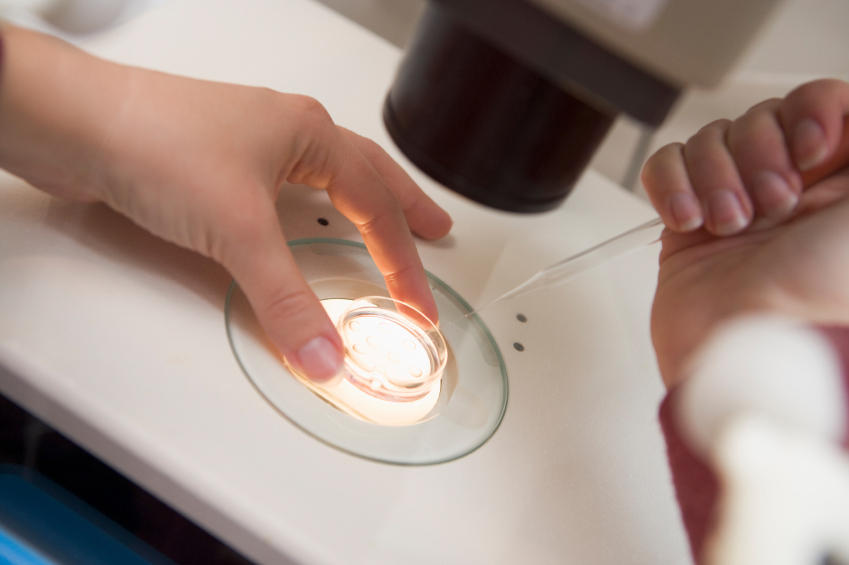The United Kingdom could soon become the first country to authorise the birth of children conceived using the “three-parent IVF” technique, despite continuing concerns regarding its inefficacy.
On 30 November, the HFEA[1] explained that, after 20 years of research, the procedure was ready for restricted testing. It is preparing to make an official decision on this topic on 15 December. British Parliament legalised mitochondrial replacement in 2015, but the HFEA which is in charge of regulations governing this technique, asked for additional research before authorising the clinical trials. For fertility doctors, this authorisation is becoming urgent following the birth of a baby conceived via 3-parent IVF in Mexico.
Nevertheless, the study published today in the Nature journal shows that the technique, the aim of which is to prevent the transmission of diseases linked to defective mitochondria in the mother, does not always prevent mitochondrial diseases. A small number of mutant mitochondria, mostly less than 2% of all cells, may also be transferred. This “carry-out” phenomenon is not without consequences: the mutant mitochondria sometimes exceed those of the healthy donor. In fact, scientists have studied nuclear transfer using the eggs of 4 women with mitochondrial mutations to create 15 embryos. The stem cell lines cultivated from 3 of these embryos were dominated by defective mitochondria from the mother, which would indicate that diseased tissue could be detected in a child born using this technique. Scientists have suggested that donors should be selected according to their DNA. This should be compatible to the mother’s DNA in order to avoid the problem. A selection method would not, however, eliminate the risk.
[1] UK Human Fertilisation and Embryology Authority.
Science ; Nature (Ewen Callaway) 30/11/2016

